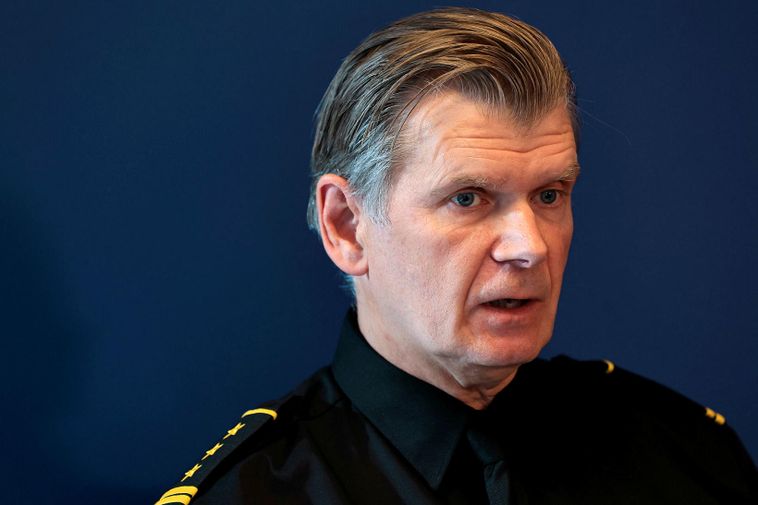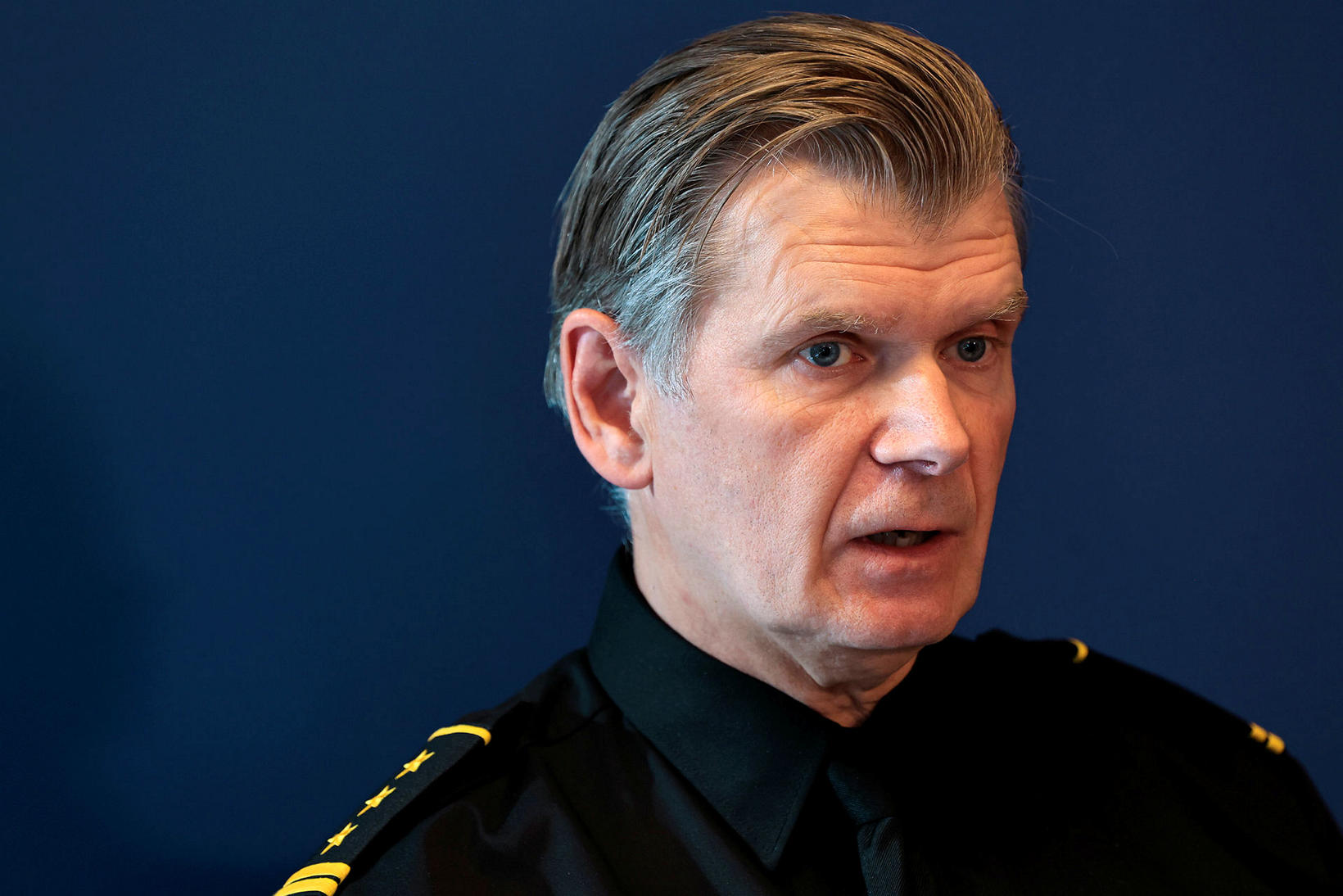The man who is the face of the police in most of Iceland”s serious crime cases is considering changing careers after serving for almost 40 years.
“Well, that’s it. I’ve been in the police for almost 40 years now,” replies Chief Inspector Grímur Grímsson in an interview with mbl.is when a journalist says (at the age of 50) he doesn’t remember the Icelandic police force without Grímsson and asks how his potential candidacy for the Liberal Reform Party stands in the coming elections.
“That was the case in this instance. However, this is still under consideration, although I have made my will known, and then it is up to the selection committee to finally determine what will happen,” the senior police officer answers a question whether he was called upon by a political party to run for office on their behalf in the coming elections.
“If necessary, I’ll just go on leave during the election campaign and then we’ll just have to see what happens, the police chief will find out what’s best for the operation,” Grímsson continues, as a journalist points out to him that he will be sorely missed from the ranks of the police department.
“Close to me and my ideas”
On the other hand, Grímsson points out that he is now approaching the maximum age of Icelandic police officers and actually only has two years left until that point.
“I have to leave the police in two years and I feel that I have a lot still to give, I am ready to take on projects that appeal to me. If someone is interested in my work and I am interested in working for and with that person, I welcome that,” says the senior police officer, who started working for the police in 1987 and has been a regular interviewee in the Icelandic media’s coverage of serious cases of violence and homicide case for years.
Why the Liberal Reform Party?
“It is a party that is close to me and my ideas, a liberal party with ideas about increased European cooperation,” Grímsson answers. “I like the leadership and the people who support the party. I have found that what the Liberal Reform Party stands for in the parliament matches my point of view.”
So you might consider ending your career in politics?
“Yes,” Grímsson answers without thinking and goes on to sound a note of caution: “I want to emphasize that this is still in the hands of the selection committee and I only hope that something good will come out of it and then I am ready to put my weight on its scales that the Liberal Reform Party is doing well,” he says and is asked about his colleagues’ reactions to the news that he was considering a new career in politics.
Grímsson laughs and takes the famous pause. “I have felt nothing but positivity, but I have also felt that it will be somewhat difficult to lose me from the job I am in – but let’s just see what happens.”
Knowledge of law enforcement is often insufficient
It is difficult to let go of Grímsson right away, as this is the first interview in his career with said interviewer that does not end in 60 seconds on average and is about detention orders and police suspicions of alleged criminals.
Do you think that the law enforcement professions should have representatives in parliament? Is there a lack of knowledge in this field?
“I can absolutely answer that question in the affirmative,” Grímsson says, and at the same time mentions that there are actually two former police officers in parliament, Vilhjálmur Árnason and Stefán Vagn Stefánsson, “so that as far as that is concerned, I am not trying to fulfill some demand in that way .
But I think that in many parts of society, knowledge of law enforcement is not sufficient. Law enforcement is simply a very complicated activity today,” concludes Chief Police Officer Grímur Grímsson, possibly an elected member of parliament before long after 37 years of service in the police.

